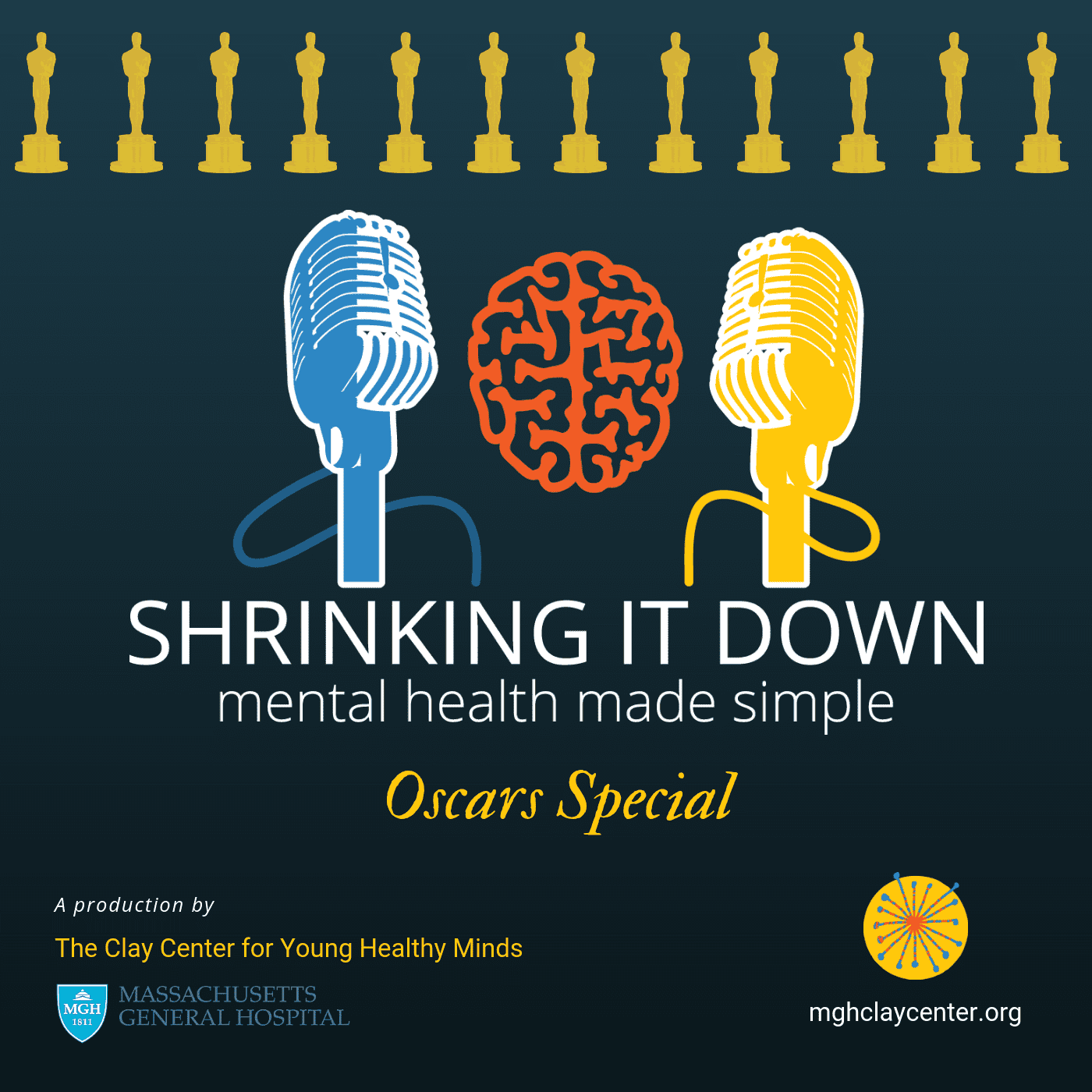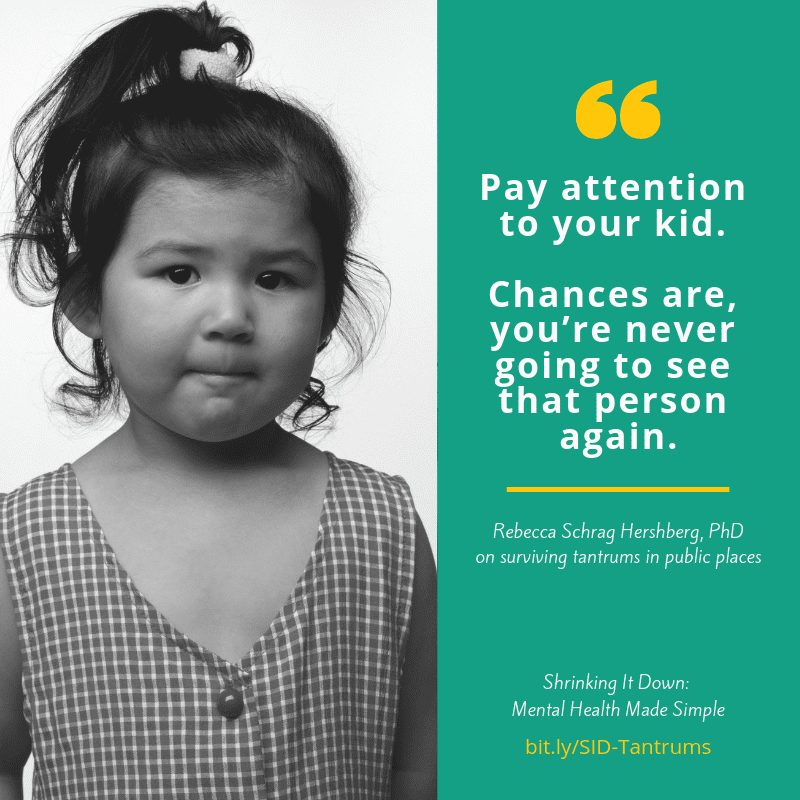Parenting Concerns
Nutrition and Mental Health: It’s More Complicated Than You Think

The fact that March is National Nutrition Month makes me think of rats.
To be more specific, I think of two particular rats that lived in my first-grade classroom.
Q+A: My Daughter With Anorexia Will Get Homework Assignments – What Does That Mean?

My daughter was diagnosed with Anorexia and the therapist said we’d be getting homework assignments and using a “variety of techniques.
Digital Media and Body Image

Este artículo está disponible en español.
When it comes to social media and body image, there are a lot of questions. Gene Beresin and I have worked with individuals struggling with eating disorders, largely girls and young women and their families for years.
What is Bulimia?

For more information about eating disorders and ways you can help make a difference for a young person in your life, or for yourself, please visit NEDA the National Eating Disorder Association website.
What is Anorexia?

For more information about eating disorders and ways you can help make a difference for a young person in your life, or for yourself, please visit NEDA the National Eating Disorder Association website. #NEDAwareness
***
Marsha was never satisfied with her body during middle school.
What Are the Treatments for Eating Disorders?

Question: What Are the Treatments for Eating Disorders?
Because eating disorders are complex – and are caused by multiple factors – treatments need to address multiple influences.
Oscars Special – Shrinking It Down

You can also subscribe to this podcast on iTunes, Spotify, Google Play, Stitcher, TuneIn, SoundCloud, and most podcast apps – just search for “Shrinking It Down”.
Why on earth are two child psychiatrists talking about the 2019 Academy Awards? It’s not just for fun, even though it’s fun, too.
The Psychological Effects of the Flu

I call my mom once or twice a week to check in. When I called her yesterday, she took a second or two longer to speak than usual. Then, when she did speak, she sounded pretty awful.
Surviving Tantrums With Toddlers, featuring Rebecca Schrag Hershberg, PhD – Shrinking It Down

You can also subscribe to this podcast on iTunes, Spotify, Google Play, Stitcher, TuneIn, SoundCloud, and most podcast apps.
Almost every parent has been there. Whether your child is age two or twenty-two, we’re all familiar with the “T” word.
Intimacy and the Teenage Brain – Shrinking It Down

You can also subscribe to this podcast on iTunes, Spotify, Google Play, Stitcher, TuneIn, SoundCloud, and most podcast apps.
Intimacy.




